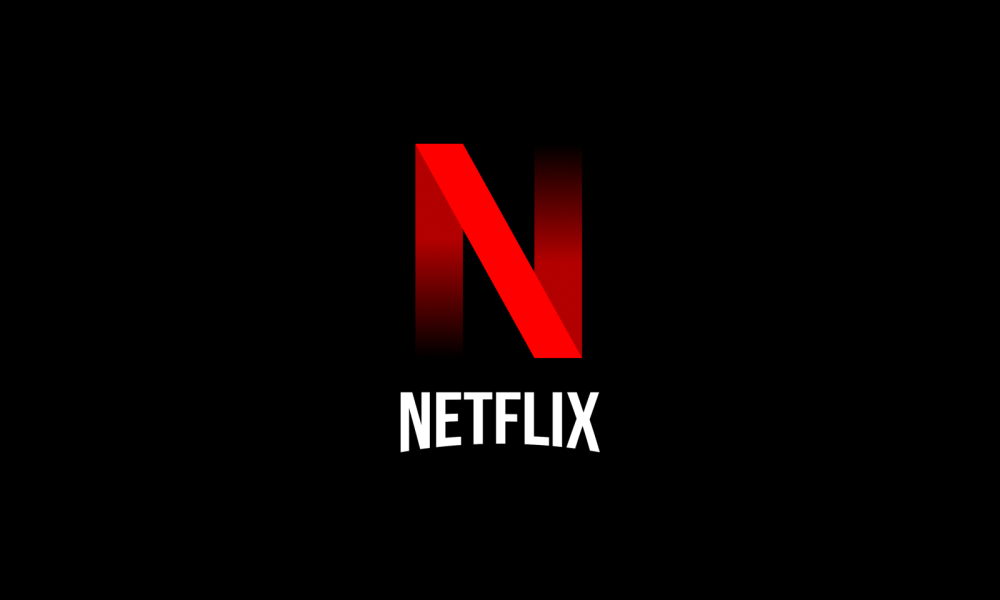Netflix, the global streaming giant, has once again increased its subscription prices in Nigeria, sparking fresh conversations about affordability, value, and digital entertainment in Africa’s largest market. The company’s decision marks its second major price adjustment in the country within a relatively short period, reflecting broader shifts in the streaming industry as it contends with rising operational costs, currency fluctuations, and intensified competition. For Nigerian subscribers, the new pricing structure affects all major plans. The Basic Plan, which previously cost ₦1,600, now costs ₦2,200. The Standard Plan jumps from ₦2,900 to ₦3,500, while the Premium Plan now costs ₦4,400, up from ₦3,600. Netflix's mobile-only plan remains the most affordable at ₦1,200, though some users report that even this option is beginning to feel limited in a country where data costs remain high. This move comes amid a challenging economic climate in Nigeria, with inflation hovering above 30%, foreign exchange rates fluctuating sharply, and disposable income shrinking for many middle-class families. In this context, Netflix’s price hike is more than a routine business adjustment—it raises questions about accessibility, consumer priorities, and the future of paid streaming services in Nigeria.

Read Also: Trump Adviser Confident on China Deal

Despite the increase, Netflix maintains its position as the most popular streaming platform in the country, largely due to its robust content library and increasingly localized offerings. Over the past two years, the company has invested in Nollywood productions, licensing local titles and funding original series such as Blood Sisters, Shanty Town, and Far From Home. These efforts have not only attracted a growing Nigerian audience but also positioned Netflix as a key player in the African content ecosystem. Yet, with other platforms like Prime Video, Showmax, and YouTube Premium offering competitive alternatives—often with lower prices or bundled deals—the recent increase could push budget-conscious users to reconsider their subscriptions. Many users have taken to social media to express dissatisfaction, with some threatening to downgrade their plans or switch services entirely. Others have questioned the rationale behind repeated hikes without a proportional increase in locally relevant content or added features.
Industry analysts suggest that Netflix’s decision is part of a broader global strategy to balance profitability with content expansion. As production costs soar and licensing fees grow, especially in emerging markets, streaming services are under pressure to maintain margins while still offering quality content. In Nigeria’s case, the currency devaluation and payment infrastructure complexities add another layer of challenge for international companies trying to price their services appropriately. Still, some users view the new rates as justified, especially given the platform's uninterrupted service, diverse catalog, and user-friendly interface. Compared to cable TV options and cinema tickets, Netflix remains a relatively economical way to access high-quality entertainment, particularly for families and households sharing accounts. Moreover, the introduction of mobile-only plans and possible ad-supported tiers (expected shortly) may help the company retain price-sensitive viewers.
As Nigeria’s digital consumption continues to grow, the streaming wars are expected to intensify. Local competitors, telecom-bundled platforms, and free streaming alternatives are all gaining ground. For Netflix to maintain its lead, it must strike a delicate balance between pricing, content relevance, and user experience. In the coming months, it will be critical to watch how Nigerian subscribers respond—whether they accept the new rates, downgrade, or look elsewhere. What’s clear is that the digital entertainment landscape in Nigeria is evolving rapidly, and with each price hike, consumers are becoming more discerning about where they spend their money and time.
Uphorial.



